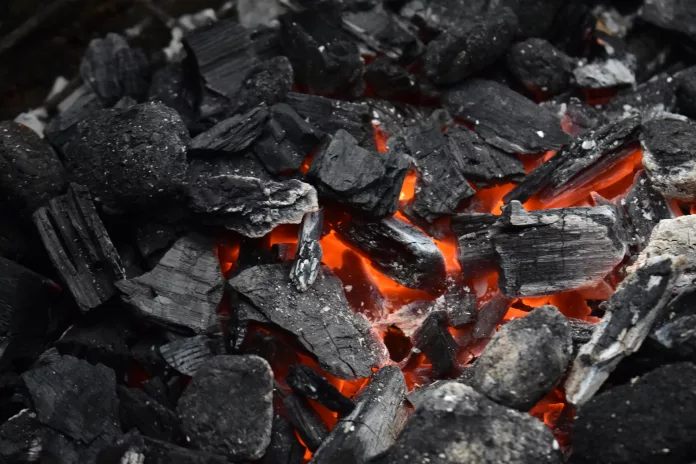The Group of Seven (G7) nations have taken a monumental step forward in the global commitment to environmental sustainability. In a recent gathering in Turin, Italy, these influential nations have collectively agreed to an ambitious plan to terminate the use of coal for energy production within the next two decades. This resolution marks a significant stride in the fight against climate change and serves as a follow-up to the commitments made at the COP28 summit.
UK Official Confirms G7’s Commitment to Clean Energy
Representing the United Kingdom, Andrew Bowie, Minister for Energy Security and Net Zero, played an integral part in delivering this ground-breaking announcement. In an interview, he underscored the group’s determination to move past coal usage in the near future, setting a high bar for global energy standards.
The Downward Trend of Coal
Research by Ember, an energy analysis group, points to a decreasing tendency in coal power reliance among the G7 nations. The collective electricity generated from coal dipped to 16% in 2023, a notable decline from 29% in 2015. While countries like Japan and Germany exhibit the highest dependence on coal within the G7, other members like France, the UK, Canada, and Italy have notably reduced their coal consumption to minimal percentages.
Renewable Energy Experts Reflect on the Challenge Ahead
Dave Jones from Ember emphasized the substantial progress made in moving away from coal, yet he cautioned that this victory should not overshadow the necessity of reducing the use of all fossil fuels, including natural gas. For the G7 nations, who have pledged to majorly decarbonize their energy sectors by 2035, this means not only phasing out coal but also addressing the increased consumption of gas for power generation, which stood at 34% in 2023.
In conclusion, the G7’s commitment poses a bold challenge to the current global energy paradigm, casting coal—the most carbon-intensive fuel—aside in a push for a cleaner, more sustainable future. This pact among the leading economies of the world represents more than just a statement; it’s a significant leap towards a cleaner planet and sets a clear timeline for the phasing out of fossil fuels.

























